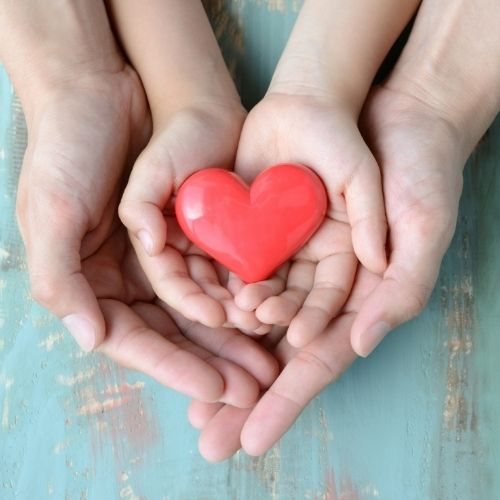The Impact of Parent – Child Relationships on Adult Life and Behavior
Continue
29 3 min
The relationship between parents and children is among the most important aspects of a person’s life. Our parents have a profound influence on us, especially during childhood. Their behavior shapes ours. We mimic everything our mother and father do. We want to be just like them! We, therefore, perceive their actions as the ultimate epitome of maturity—as something that is both right and acceptable.
If, for instance, our parents were estranged from each other, or estranged from us, we tend to carry their distant, unemotional attitudes into adulthood. Grown-up and independent, we still remember how our parents refused to kiss us when we were children; this is a memory that prevents many from forming relationships and leads to fear of attachment.
On the other hand, however, if our parents were a loving couple that remained affectionate with their children, we usually maintain their joy and caring nature long past the end of childhood.
Our relationship with our parents has lots of long-term effects on our life. It impacts our self-esteem, just as it shapes our attitudes towards platonic and romantic relationships. Even more importantly, it characterizes our worldviews.
Here are a few common ways through which our parents continue affect us over the course of our adult lives:
- Love, care, and affection.
If you grew up in a loving family, you recognize the value of love and affection. You know how to express love, and you do not fear letting people in. You’re rather communicative and open to experience. You’re also more emotionally stable and less neurotic than those who came of age in abusive families. There is a high likelihood that you’re successful; after all, you learned to assert yourself at an early age. - Neglect.
If you experienced neglect as a child, you may try to make up for it by demanding attention as an adult. You may urge your partner to put you first; you may go as far as to have them neglect their own family, hobby, work, or children, just so they can spend more time with you. You often feel unwanted and insignificant. Chained by trauma, you probably have low self-esteem. Sometimes, you may even become resentful, aggressive, and isolated.
- Coldness and Emotional Unavailability.
Unemotional people require others, their children included, to also become unemotional. If you grew up with cold and emotionally unavailable parents, you are now probably used to not sharing your emotions and opinions. You might express love in nonverbal ways—such as giving gifts to your loved ones and doing acts of service. You barely touch, kiss, or caress your family members. You also tend to escape from work. - Unstable Parental Relationship.
If you were raised by divorced parents, or by a single parent, you probably doubt love even exists. You’re guarded and cynical, finding most romantic relationships unstable and unsustainable. Of course, the opposite can be true too. Led by your aversion to being single, you may be too trusting and enter relationships without thinking.
Though these are a few common traumas that we may have been subjected to during our childhoods, they are by far not the only ones. The roots of trauma, it seems, are varied and hardly ever the same for all of us.
Yet, this list comes to show us that the attitudes, beliefs, and relationships of our parents mark us, for good or bad. For instance, parents can infuse us with their professional attitudes and impact our professional development. Motivation, ambition, and drive can be both positively and traumatically infectious. Just like they transmit genetic material to their children, parents often encode us with their personal models of behavior.
Women usually follow the behavioral model set by the mother while seeking a partner whose personal model of behavior reminds them of their father. Following the same logic, men follow the example of their fathers and seek to marry someone who acts and thinks like their mothers.
We will dive deep into our childhoods and discuss the negative aspects of our earliest years.
- Intensive Seminar “Healing your Inner Child” with Nina Kovalova
- Healing of Childhood Trauma with Natalia Kobylkina
Join us now!
Love,
Natalia Kobylkina
Psychologist, family therapist, author
Subscribe to my channel for more interesting videos, articles, and updates.



